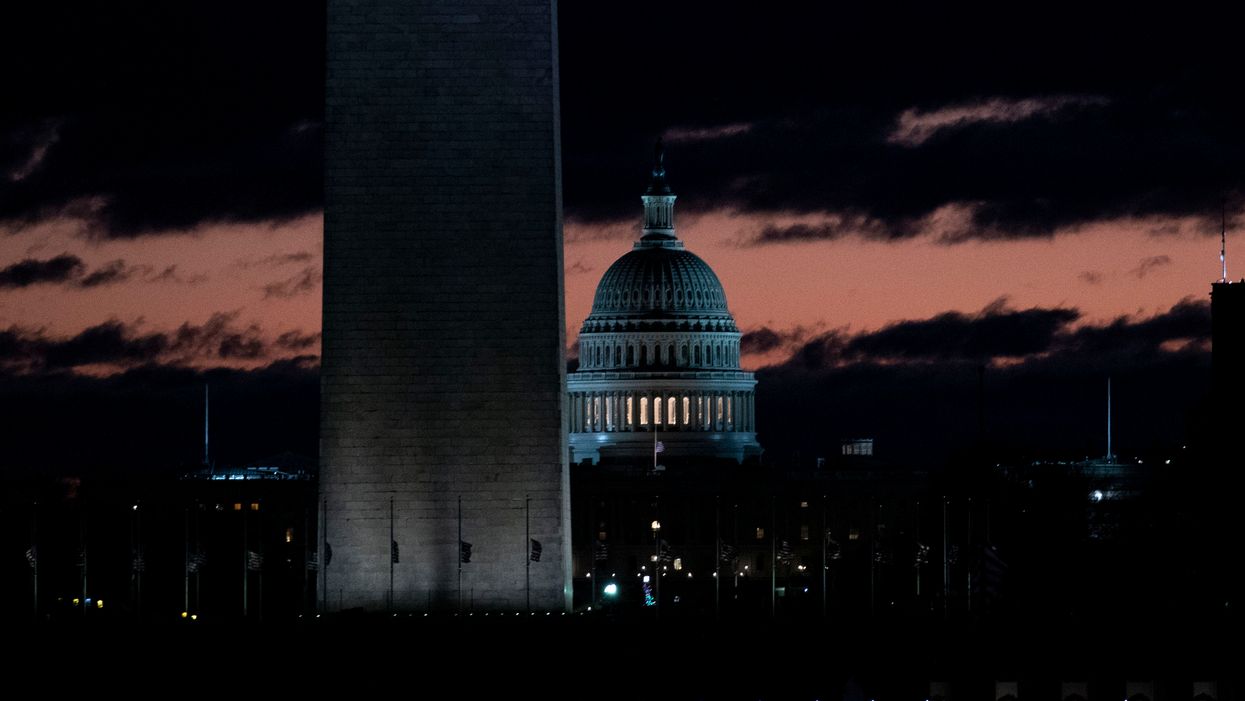Connolly is a Democrat in his sixth term representing some of the Virginia suburbs of Washington in the House of Representatives.
For the first time in more than two decades, the House Oversight and Reform Committee held a hearing last month to examine the potential admission of Washington, D.C., as our 51st state. But at its core, I believe that hearing examined whether we are truly a democratic republic.
Do we as a nation want to continue the disenfranchisement of the approximately 702,000 Americans who currently reside in Washington, D.C.? Are we okay with denying our neighbors the same rights as other U.S. citizens because they live on land suitable to a dinner table compromise between Thomas Jefferson and Alexander Hamilton regarding the location of our nation's capital? Our Founding Fathers denied many Americans the right to vote, but through centuries of effort this nation has worked to reverse its narrow view of the franchise — except in the nation's capital. I, for one, believe it is past time for us to act on this moral imperative. Others, unfortunately, do not.
One of my great heroes in American history is Abraham Lincoln. But as a student of history, I fear that the party of Lincoln — the one that won the Civil War and led us in adding the 13th, 14th, and 15th Amendments to the Constitution — is increasingly sounding like the party of Stonewall Jackson and Jefferson Davis.
When some in Congress claim that their opposition to D.C. statehood is not about race and partisanship, you can be sure it is about race and partisanship. Just look at the track record when they take over governorships and state legislatures — especially when it comes to voter suppression, voter ID laws and early voting. The disregard for the District of Columbia and its residents is simply an extension of a nationwide crusade against the voting rights of minority communities.
Contrary to the false arguments by some, the District could certainly support itself as a state. For example, D.C.'s fiscal 2020 budget is $15.5 billion. By comparison, 14 state budgets were smaller than $16 billion in fiscal 2017. What's more, the District currently has more residents than two states: Vermont, with 626,000, and Wyoming, with 578,000. The Internal Revenue Service collects more in gross revenue from the District than it collects from 22 states and more per capita than from any state. Additionally, 200,000 District residents are dedicated civil servants working for the federal government and nearly 10,000 residents serve in the military.
Yet, since its creation, Washington, D.C, has lacked full authority to govern its own people and to deliberate and implement decisions on the behalf of its people. Those citizens should have a say in federal elections and control over local decisions.
The Washington, D.C. Admissions Act offers us a chance to right this egregious wrong and end the disenfranchisement of 700,000 fellow Americans. The bill would admit "Washington, Douglass Commonwealth" (honoring abolitionist Frederick Douglass) as the 51st state in the nation and provide its residents with long overdue representation in the Senate and House. Under this bill, two square miles that include the Capitol, White House, National Mall and the principal monuments, and federal buildings adjacent to the Mall would remain the District of Columbia. The other 66-square-mile area currently in the District would be the 51st state. It is pure common sense.
Today's Washington is nothing like what the Founders envisioned. It has evolved from a sleepy administrative center for an emerging set of colonies to a vibrant metropolis bursting with life, culture, commerce, and innovation — everything we look to as points of pride in each of our 50 states. It is inexcusable that we would deny its residents their constitutional right to representation for a second longer.



















